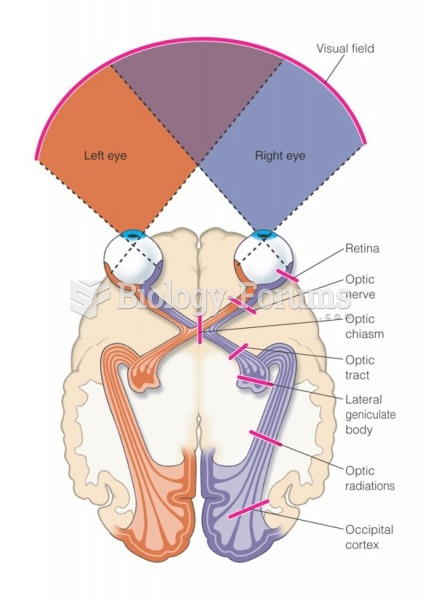|
|
|
Did you know?
All patients with hyperparathyroidism will develop osteoporosis. The parathyroid glands maintain blood calcium within the normal range. All patients with this disease will continue to lose calcium from their bones every day, and there is no way to prevent the development of osteoporosis as a result.
Did you know?
Aspirin may benefit 11 different cancers, including those of the colon, pancreas, lungs, prostate, breasts, and leukemia.
Did you know?
Human kidneys will clean about 1 million gallons of blood in an average lifetime.
Did you know?
More than 4.4billion prescriptions were dispensed within the United States in 2016.
Did you know?
There are more sensory neurons in the tongue than in any other part of the body.






